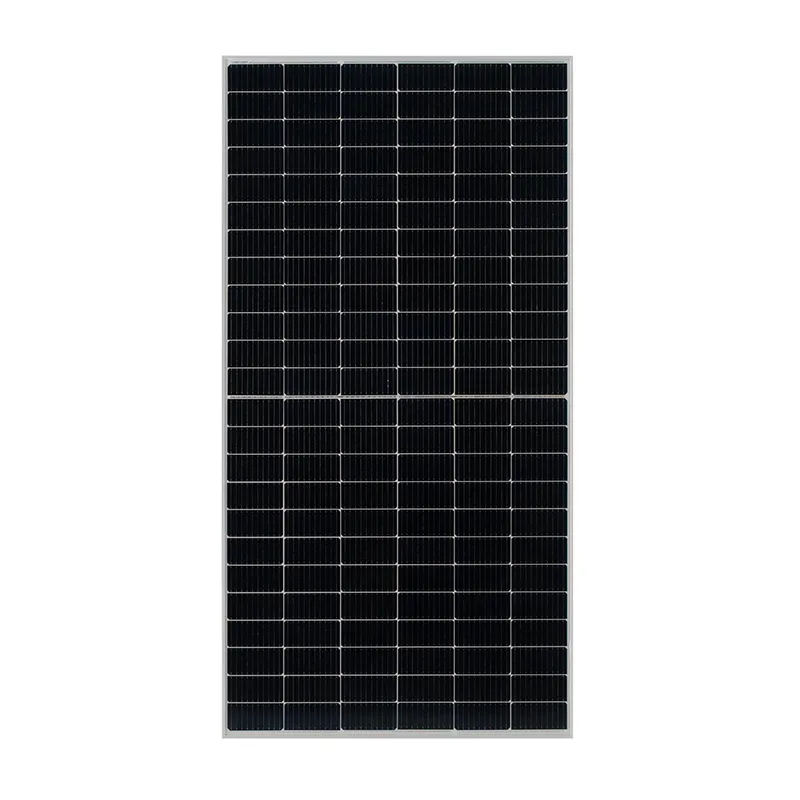Off Grid Electrical Systems
Understanding Off-Grid Electrical Systems
In recent years, the pursuit of sustainable and independent energy solutions has made off-grid electrical systems increasingly popular. These systems allow households and businesses to produce their own electricity without relying on traditional power grid infrastructure. This article will explore the fundamentals, components, benefits, and challenges associated with off-grid systems.
Definition and Basics
Off-grid electrical systems are self-sufficient energy setups that provide electricity independently from the national grid. They are typically employed in remote areas where grid access is limited or economically unfeasible. Off-grid systems can power homes, cabins, or even entire communities by harnessing renewable energy sources, primarily solar, wind, or hydro power.
Components of Off-Grid Systems
The primary components of an off-grid electrical system include renewable energy sources, energy storage solutions, and electrical loads.
1. Renewable Energy Sources Solar panels are the most common choice due to their decreasing costs and efficiency improvements. Wind turbines can also be incorporated, especially in regions with consistent wind patterns. For locations with suitable water sources, small-scale hydroelectric systems may provide a robust energy supply.
2. Energy Storage Because energy production from renewables can be intermittent, ample energy storage is crucial. Battery systems, such as lithium-ion or lead-acid batteries, store excess energy generated during the day for nighttime use or cloudy days, ensuring a continuous power supply.
3. Inverters and Charge Controllers Inverters convert the direct current (DC) produced by solar panels or batteries into alternating current (AC), which most household appliances use. Charge controllers regulate the charging and discharging of batteries, preventing damage from overcharging and deep discharging.
off grid electrical systems

Benefits of Off-Grid Systems
One of the main advantages of off-grid systems is energy independence. Homeowners can avoid fluctuations in electricity prices and are less vulnerable to power outages. Additionally, by utilizing renewable resources, off-grid systems significantly reduce carbon footprints, making them an environmentally friendly energy option.
Another benefit is that off-grid systems can be customized to meet the specific energy needs of a location. This adaptability allows for scalability—homeowners can start with a smaller system and expand it as requirements grow.
Challenges of Off-Grid Systems
Despite their advantages, off-grid systems come with challenges. The initial installation costs can be high, deterring some potential users. Moreover, the maintenance of equipment, especially batteries, is essential for long-term reliability.
Weather can also play a critical role in energy generation. Inconsistencies in solar or wind availability mean that energy production can be unpredictable, prompting users to plan for periods of low generation by over-sizing their systems or integrating backup power sources, such as generators.
Conclusion
Off-grid electrical systems represent a growing segment of the energy landscape, fostering greater independence and sustainability. As technology continues to improve and costs decrease, these systems may become an increasingly viable option for those looking to embrace renewable energy solutions. Whether in remote locations or urban settings, off-grid systems offer a path towards energy autonomy, paving the way for a cleaner, greener future.
-
Unlocking Energy Freedom with the Off Grid Solar InverterNewsJun.06,2025
-
Unlock More Solar Power with a High-Efficiency Bifacial Solar PanelNewsJun.06,2025
-
Power Your Future with High-Efficiency Monocrystalline Solar PanelsNewsJun.06,2025
-
Next-Gen Solar Power Starts with Micro Solar InvertersNewsJun.06,2025
-
Harnessing Peak Efficiency with the On Grid Solar InverterNewsJun.06,2025
-
Discover Unmatched Efficiency with the Latest String Solar InverterNewsJun.06,2025







